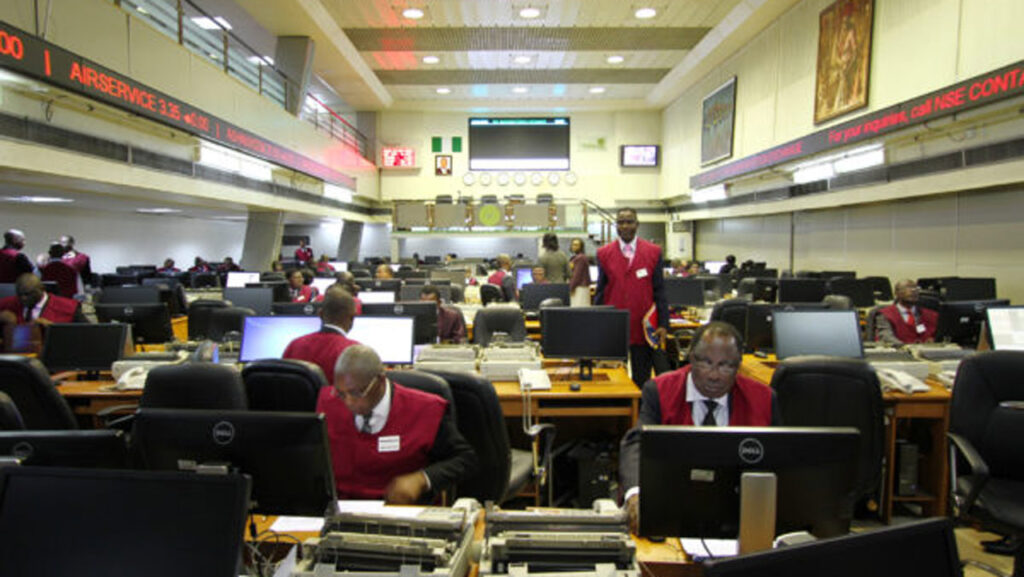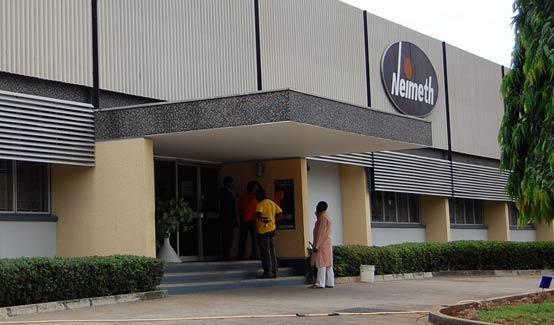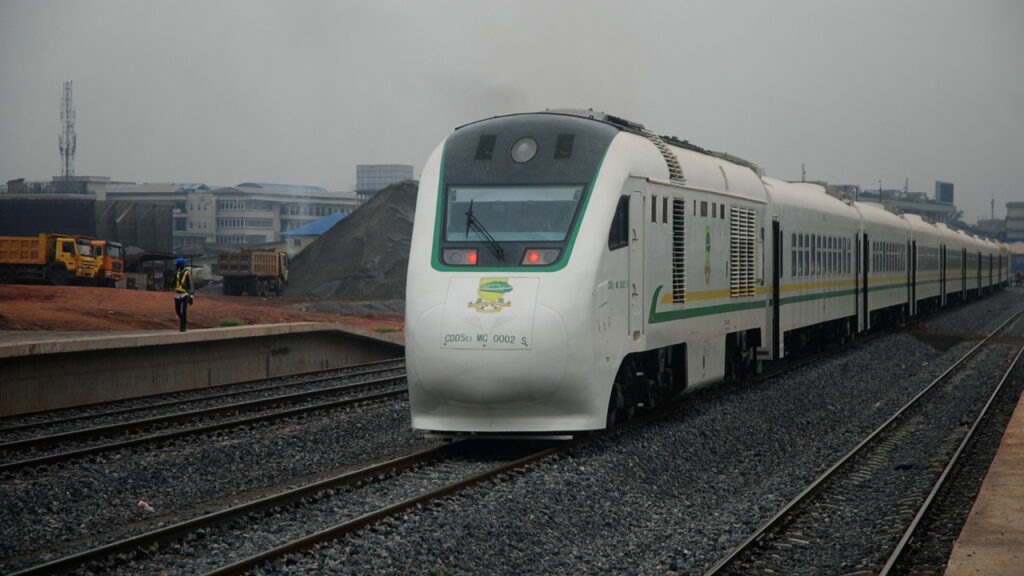
FEELING the pains of currency devaluation and rising foreign exchange rate, manufacturers have written the Central Bank of Nigeria (CBN) and the Federal Ministry of Finance for a special window that would offer them cheap forex to remain in business.
The president of Manufacturers Association of Nigeria (MAN), Dr. Frank Jacob confirmed, during the week, the request for the special window for the purchase of forex at low rate.
‘‘Forex window is a major challenge to the manufacturing sector, especially those industries that depend on the purchase of foreign exchange. Naturally, if we were obtaining forex at N169 to a Dollar, and suddenly are forced to do so at N200, that means profit will be affected and when such thing happens, usually, people think of ways of adjusting. One way might be to lay off some workers, which is not in the best interest of our country. MAN has taken up this with the CBN and has made recommendations.
We are requesting the CBN to create a special window that should be between the old and the new exchange rate, former exchange rate and interbank rate, something in between to help the manufacturers’ products to become more competitive,” he said.
Jacob said manufacturers were already operating under harsh and unfriendly environment as result of multiple taxation and poor infrastructure, only for their problem to be compounded by the closure of Royal Dutch Auction system (RDAs) by the Central Bank, which now asks all prospective forex buyers to patronise the interbank window being complemented by the black market.
The President of the Nigerian Manufacturers, who spoke with The Guardian, said an exchange rate of N180 to a Dollar could be better for manufacturers, instead of the N200 to a Dollar at the interbank market.
‘‘The former rate, which we call the RDAs window was about N160 to a Dollar, but the interbank rate is N200 to a Dollar. So if you take something in between, we are looking at N180 to a Dollar, let that become a concessionary rate for manufacturers,” he said.
According to the MAN President, if granted the concessionary interest rate, the Association would help government to check any form of abuse by its members.
To check the likely abuse, he called on the CBN to audit manufacturers for their foreign exchange needs for assurance that there would be no abuse from any member.
Meanwhile, MAN office is being inundated with complaints from members about the implication of the sudden closure of the Royal Dutch Auction window by the Central Bank. While nearly all of them said they were incurring losses as a result of the rising rate of exchange, many of them threaten to close shop if the rise in exchange rate continue unchecked.
NASCO company in Jos wrote recently that it had already opened Letter of Credit (LC) to the tune of $362,700 at N155.75 to a Dollar. The credit was for 20 days. Suddenly, it said the CBN decided to close the Royal Dutch Auction System window of N155.75, which has risen to N199 at the interbank market.
The company said with the sudden closure, it was now being compelled to replenish at new rate; a loss to his company.
Another company, Best food ltd, also wrote to complain about incurred losses of over N600 million due to the sudden closure of the former official forex window.
According to the company, in its letter of March 5, 2015, it opened a $13.9 million letter of credit in September, 2014 with differed payment of 180 days after bill of laden at the rate of N157.71 to a Dollar.
‘‘If we are expected to remit the letter of credit at the prevailing rate, the difference will be about N600 million. We cannot survive this loss and we don’t want to be wiped out like this. We therefore require a special rate of exchange to remain in our beverage business in Nigeria,” the Managing Director of the company said in his correspondence with the Association.
Nearly all the companies that have imported materials as input are feeling the pains of the new fiscal policy by the Central Bank.
A source at 7 Up Company, Ijora, said the only option left for the company was to farm out its work force by casualising them so as to reduce its overhead cost.
The company, he said, had been advised by a consultant to casualise to reduce its annual wage bill, adding that the casualisation strategy will come by first laying off some workers who will be given the option to become casual workers.
Many iron and beverage companies in Ikorodu have stopped production after laying off their casual workers.
A labour agent with one of the companies,who gave his name simply as Silver, said he had been with many of the companies in the area supplying casual workers, adding that he is now jobless due to the stoppage of production by the firms.
‘‘I have been supplying casual workers for a fee to many of these companies for about six years, but now they laid off all the workers because they are no longer producing. They cannot import their raw materials at the prevailing interbank exchange rate. They ask the workers to go and I am here doing nothing and earning nothing, and I don’t know when they will resume production again,” he lamented.












